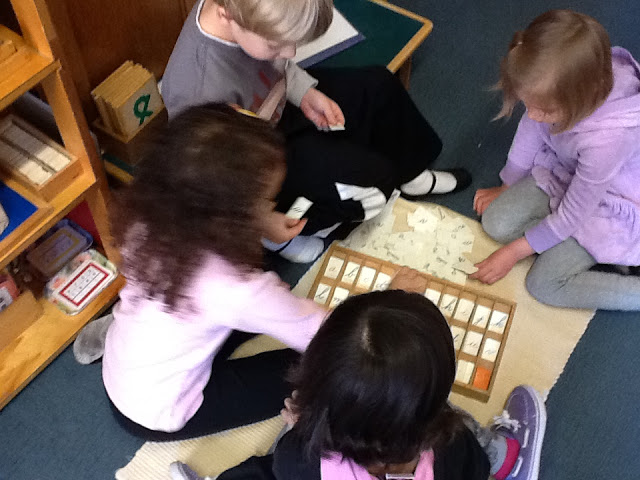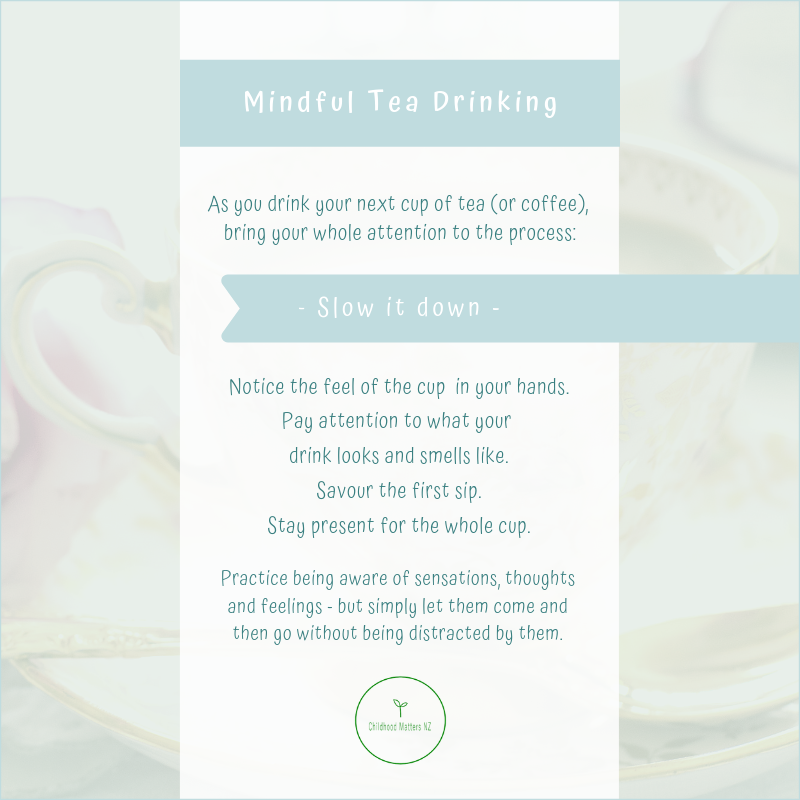

MindUP teaches children and young people how to focus their attention, use brain breaks to manage stress, act with empathy and build resilience in the face of challenge. Your child/children will be involved in a mindful tasting exercise. Mindful tasting, like mindful listening, seeing or smelling gives children an opportunity to be both relaxed and aware. TIPS FOR THE CLASSROOM from The MindUP Curriculum Mindful listening is of two types: (1) structured listening. Increases and/or decreases in the level of one or more of these neurotransmitters affect their mental state and the feelings and behaviour generated by it.

Perspectives on Learning: MindUPTM as Scaffolding for Young Children’s Self-Regulation for Learning Future Research Experimental and longitudinal research designs are needed to examine effects of mindfulness training on children’s SEL over the long-term (Schonert-Reichl et al., 2014). The MIndUP curriculum builds awareness and skills to increase prosocial behavior, executive functioning and social and emotional competence in children and young people from ages 3 to 14. It builds the attention circuits in the brain.

(Hutchinson, 2013) Summary Mindfulness may Mindfulness may provide teachers SEL requires the support children with the freedom coordination of to access the of mind they need strategies to higher order to adapt their support teachers processes teaching practices to meet the needs involved in SRL. Mindful Tasting Exercise 9 Where Does SRL Fit? SEL MindUP™ SRL Perspectives on Learning: MindUPTM as Scaffolding for Young Children’s Self-Regulation for Learning What Is Self-Regulation? Individuals’ abilities to control thoughts and actions to achieve personal goals and respond to environmental demands (Zimmerman, 2008).What Does The Research Say? Perspectives on Learning: MindUPTM as Scaffolding for Young Children’s Self-Regulation for Learning 6 Mindfulness Research Findings-1 Dispositional mindfulness is: Positively associated Negatively with behaviour associated with inhibition (Oberle et al., optimism, and anxiety and 2011), positive affect (Lawlor et al., depression (Lawlor, et al., 2013). MindUP encourages children to explore their world with a sharpened sense of seeing, smelling, tasting and movement. can learn about MindUP, find activities for the whole family and mindful practices. MindUP focuses on lessons in a mindful classroom that promote this pro-social behavior, helping children transition from a me-centric orientation into a we-centric world. The children have learnt all about the brain and benefits of brain breaks. Candidate Faculty of Education/Centre for School Mental Health Western University Faculty of Education Overview What is social and emotional learning? What is mindfulness? What does the research say? The MindUP™ program How is mindfulness related to self-regulated learning? What is self-regulation? What does self-regulated learning look like in classrooms? Where do we go from here?. I liked the aspects of using the different Mindful teaching topics of Mindful Listening Seeing, Smelling, Tasting, and Movement to help train the students. There is a whole section on mindful movement which gives you physical. We would love for the children to continue their MindUp learning at home.


 0 kommentar(er)
0 kommentar(er)
